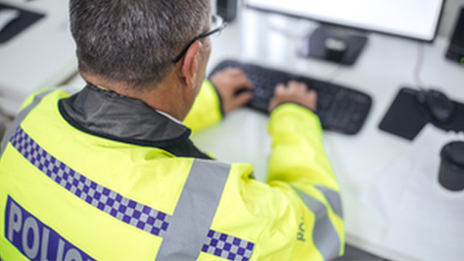Croydon: Met Police to continue facial recognition despite concerns
- Published
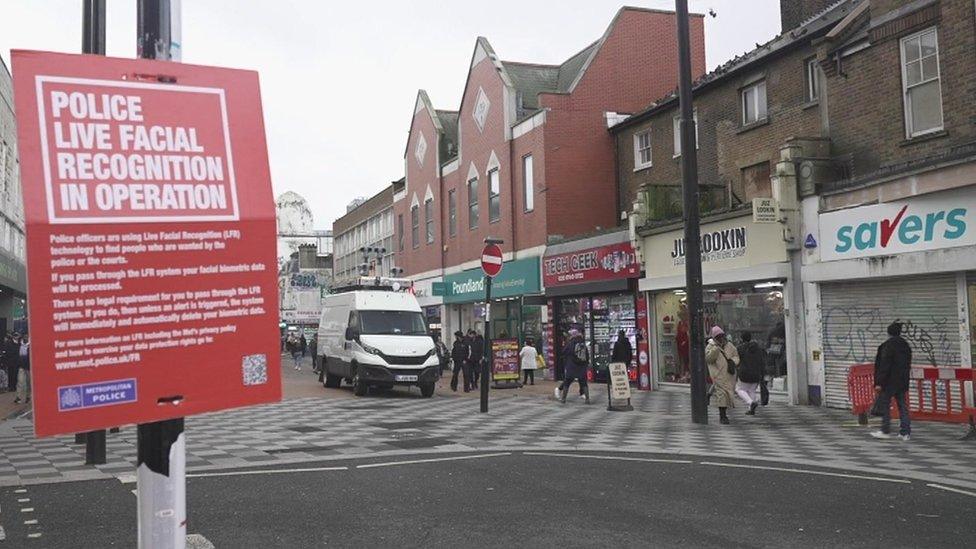
Live facial recognition technology is being rolled out in Croydon
Live facial recognition is a "vital tool" for policing, the Metropolitan Police says, as it continues its roll-out of the technology in south London.
Two vans with live facial recognition (LFR) were deployed in Croydon on Friday as part of an ongoing operation.
LFR works by mapping a person's unique facial features, which can be matched against faces on watch-lists.
However, privacy campaigners - and some residents - are concerned about how data will be used and stored.
BBC London went out in Croydon with the Met and spoke to residents and community figures about the wider issues surrounding the use of LFR.
The technology is already being used at big events like the King's Coronation last May.
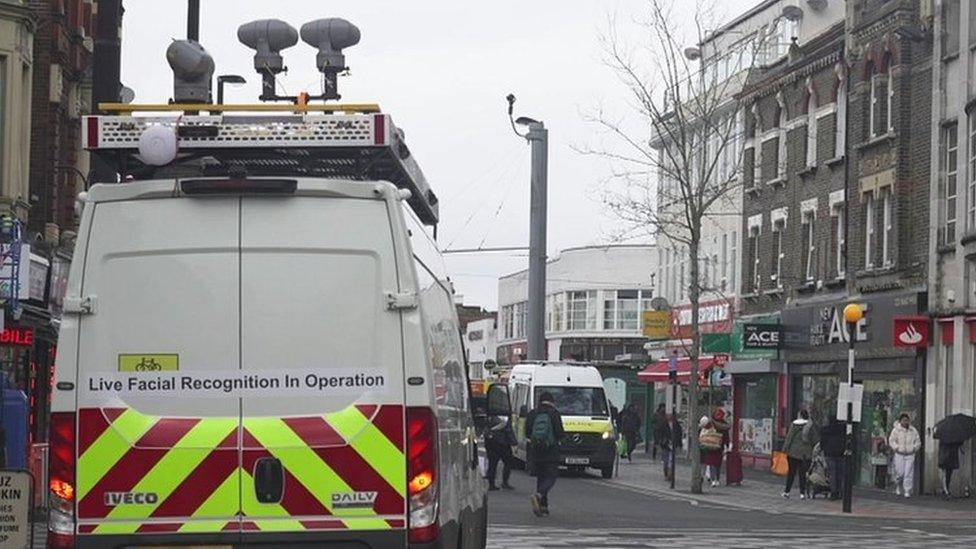
Areas being monitored and vans with LFR cameras are marked by signs
So far, there have been 45 arrests in the borough across eight deployments of vans with LFR, and Ch Supt Andy Brittain, who is a Met borough commander for Sutton, Croydon and Bromley, said they had arrested a further "four or five" when the vans were sent out on Friday.
"This technology is a really precise and really efficient way for us to catch these people, because otherwise it's about us knocking on doors, it's about us doing searches talking to people," he said.
"Isn't it better to do it like this, where it's really quick and simple and we get the same outcome?"
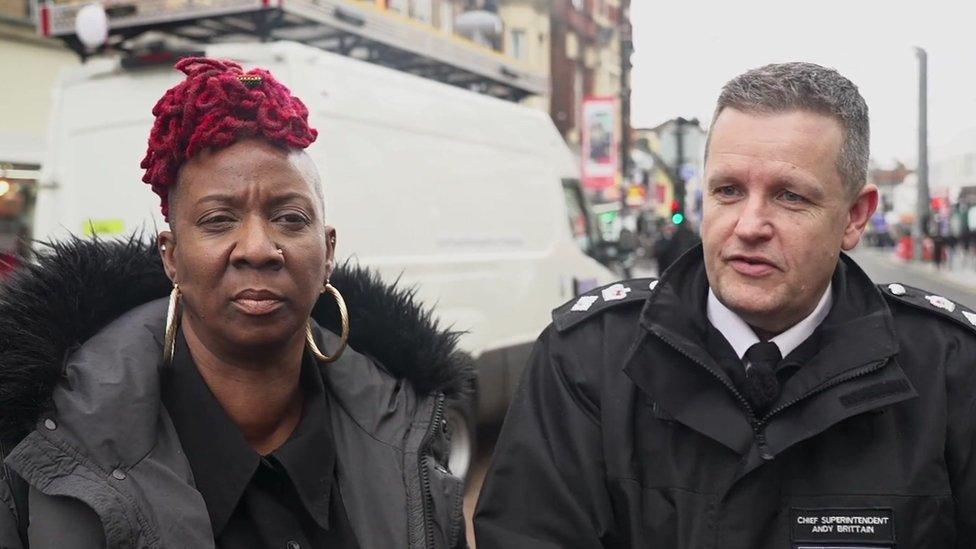
Donna Murray-Turner feels "slightly more comfortable" about how images will be used by officers like Ch Supt Andy Brittain
Ch Supt Brittain added the false-positive identification rate - where a person is wrongly flagged by the cameras - had so far outperformed the 1 in 6,000 standard the Met was previously working to.
'Identical twin'
"We know we're not getting the false activations - we've had one in the whole time and that was someone who was an identical twin to somebody who was wanted," he explained.
"So I'm comfortable and confident that the technology is right and it's the right thing for Croydon."
Donna Murray-Turner, safer neighbourhood chair for Croydon Council, discussed the trial with Ch Supt Brittain, and said: "My initial concerns were around the information being held, where does it go... who gets to see who makes the decisions?
"Will this be something now initiated but later on used on certain demographics for certain things?
"I feel after what I've heard and what I've seen today, I'm slightly more comfortable."
People 'can't consent'
However, there is no specific legislation around LFR technology - and this is what some people are still worried about.
Senior advocacy officer for Big Brother Watch, Madeleine Stone, is among those critical of the technology.
"Innocent people are being subject to biometric face scans and identity checks just for walking down the street.
"They might not know it's happening. They can't consent to it properly," she said.
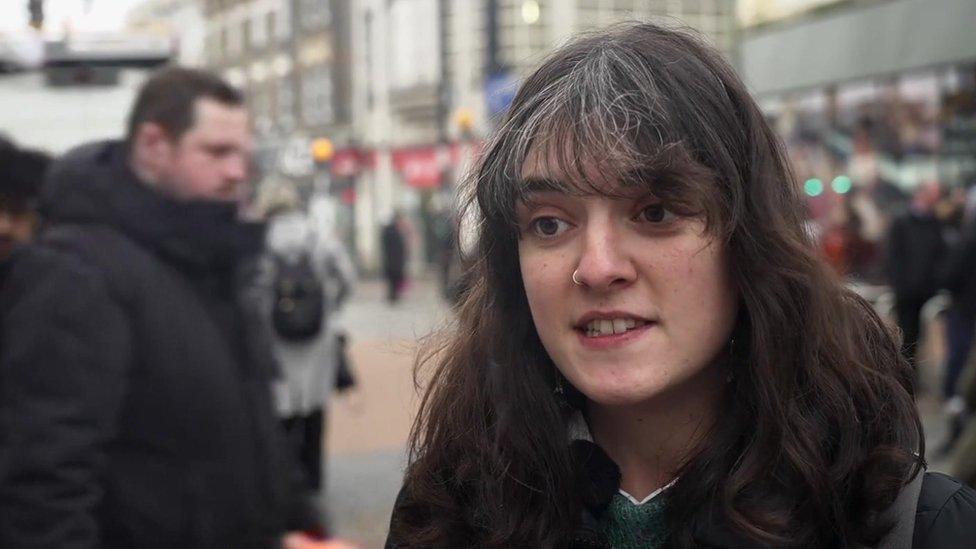
Madeleine Stone from Big Brother Watch said LFR is "a world away" from "targeted proportionate surveillance"
"This is really a world away from the traditional policing we've seen using targeted proportionate surveillance."
Reaction among Croydon residents was mixed, with one man arguing: "They'll say if you've done nothing wrong then you've got nothing to fear, but I don't particularly want my my face scanned everywhere I go.
"Granted, if I walk into a shop there will be CCTV cameras, but do we really need this sort of thing in maybe every high street?"
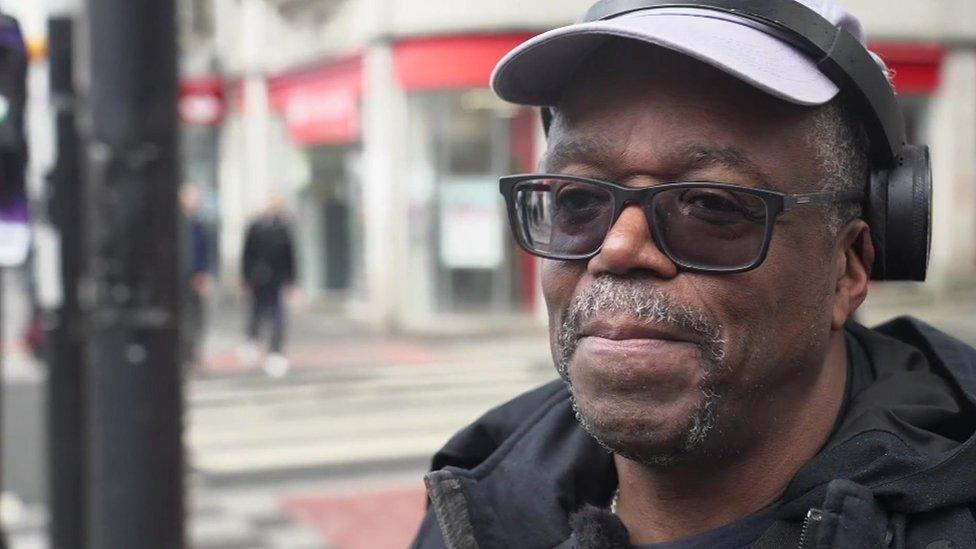
This Croydon man questioned whether "we really need this sort of thing in maybe every high street"
However another resident disagreed, saying she thought it would help reduce crime in the area.
"This is how they should care about security - for example stabbings, and all those things. I think it will come to an end," she said.
Ms Murray-Turner is also convinced the benefits of the surveillance outweigh any negatives.
"I will speak for where I live - where I'm a mother, where I'm an aunt, where I'm a community influencer," she said.
"We need this, and if it's going to aid the borough commander in extra policing and keeping Croydon safe, I'm all for it."

Follow BBC London on Facebook, external, Twitter , externaland Instagram, external. Send your story ideas to hellobbclondon@bbc.co.uk, external
- Published22 January 2024
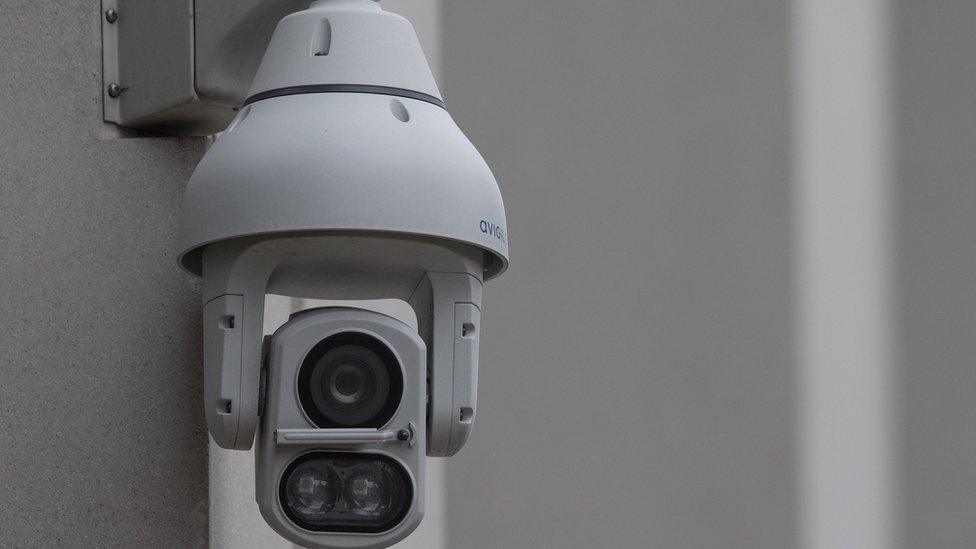
- Published17 November 2023
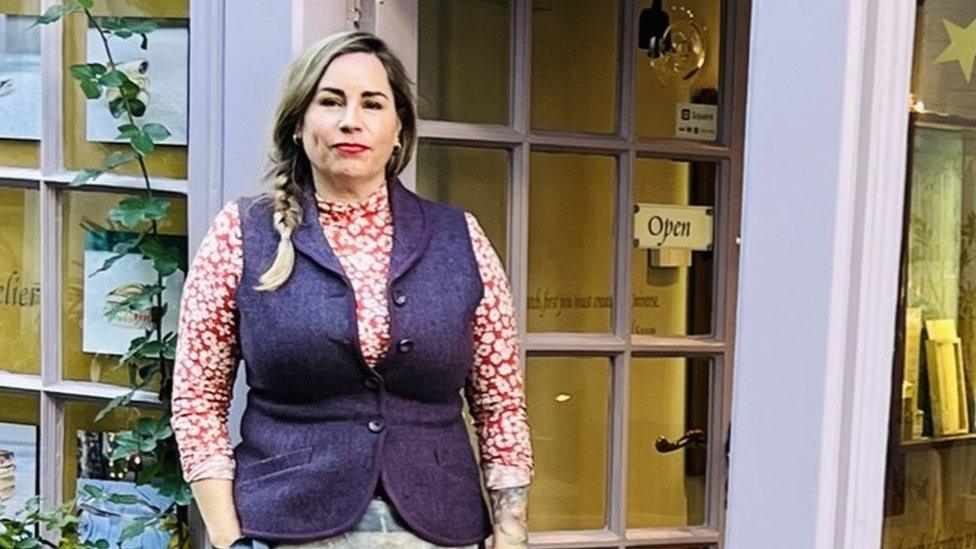
- Published19 October 2023
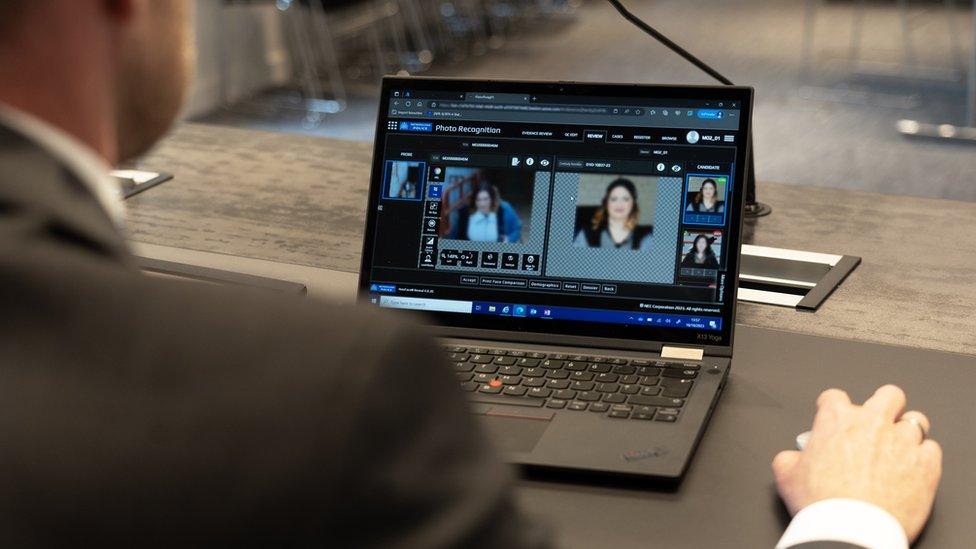
- Published4 October 2023
